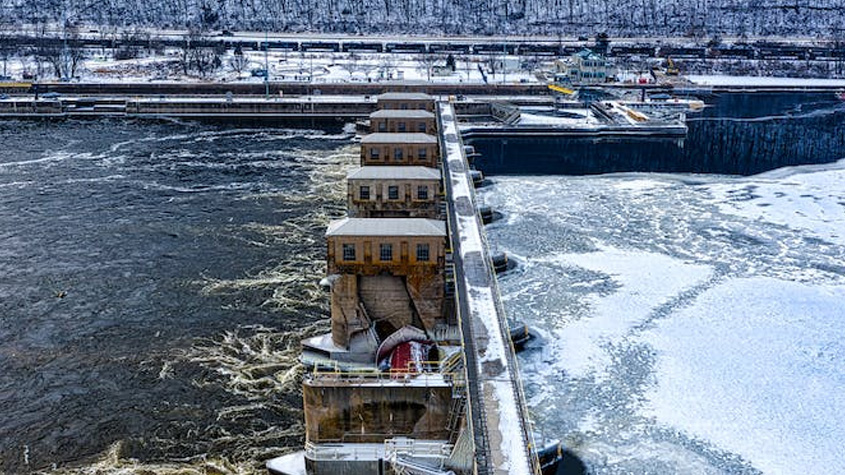
When it comes to wastewater treatment, flat sheet membranes have a lot to offer. Not only are they cost-effective, but they’re also easy to maintain and can be used in a variety of settings. Here’s a closer look at why flat sheet membranes are ideal for wastewater treatment and how they can benefit your organization or community.
What are Flat Sheet Membranes?
Flat sheet membranes are made from a variety of materials, including polymeric materials like polyethylene, polypropylene, and polytetrafluoroethylene (PTFE). These materials are formed into a flat sheet that can be rolled or folded for easy storage and transportation.
Flat sheet membranes can be used in a number of different applications, including wastewater treatment, desalination, and water reuse. They’re often used in municipal wastewater treatment plants because they’re an effective way to remove bacteria, viruses, and other contaminants from water.
How Do Flat Sheet Membranes Work?
Flat sheet membranes work by allowing water to pass through while trapping contaminants on the surface of the membrane. The water is then purified and can be reused or discharged into the environment.
The major advantage of using flat sheet membranes is that they can be customized to meet the specific needs of your application. For example, if you need to remove a certain type of contaminant from water, you can choose a membrane with the appropriate pore size.
What Are the Benefits of Using Flat Sheet Membranes?
There are many benefits of using flat sheet membranes for wastewater treatment, including:
– Cost-effectiveness: Flat sheet membranes are more cost-effective than traditional methods of wastewater treatment like chemical precipitation and activated sludge.
– Easy to maintain: Flat sheet membranes require less maintenance than other types of wastewater treatment systems.
– energy efficient: Flat sheet membranes are more energy efficient than traditional methods of wastewater treatment because they don’t require chemicals or heat to operate.
– Versatility: Flat sheet membranes can be used in a variety of settings, including domestic sewage treatment plants, industrial effluent discharge points, and stormwater runoff containment areas.
– Environmentally friendly: Flat sheet membranes are an environmentally friendly way to treat wastewater because they don’t produce harmful byproducts like chemicals or sludge.
If you’re looking for an effective, cost-effective, and environmentally friendly way to treat wastewater, flat sheet membranes are an excellent option. These versatile membranes can be customized to meet the specific needs of your application and provide many benefits over traditional methods of wastewater treatment. Contact us today to learn more about how we can help you implement flat sheet membrane technology in your wastewater treatment system.
Abuot Jiangsu Peier membrane
Jiangsu Peier membrane corp.,Ltd(Stock Code: 836744) was established in 2007 with a registered capital of 48 million Yuan, referred to as “Peier membrane industry”.
It is a high-tech enterprise focusing on the R&D, production, manufacturing and service of MBR flat sheet membrane products. Its Peier Product category as below:
- Flat Sheet Membrane Element
- Flat Sheet Membrane Element-Single Nozzle
- Flat Sheet Membrane Element-Double Nozzle
- Flat Sheet Membrane Element-3D Soft Support
- Flat Sheet Membrane Element-Renovated Membrane
- Flat Sheet Membrane Module
- Flat Sheet Membrane Module-Module-Single Nozzle
- Flat Sheet Membrane Module-Module-Double Nozzle
- Flat Sheet Membrane Module-2S(Double Deck)
- Flat Sheet Membrane Module-3S(High Flux)
- Flat Sheet Membrane Module-Mini Module
- MBR System
- MBR System-Laboratory Test Equipment
- MBR System-Pilot Equipment
- MBR System-Package System
Peier membrane always adheres to R&D and cooperation with well-known universities at home and abroad, such as Tsinghua University, Sydney University, Nanjing University of technology, Changzhou University and Jiangnan University.
It is the editor in chief of the national industry standard HY/T252-2018 “submerged flat membrane element for water treatment”.
At present, it has 6 invention patents, 46 new utility patents, 1 appearance patent and 4 software works.